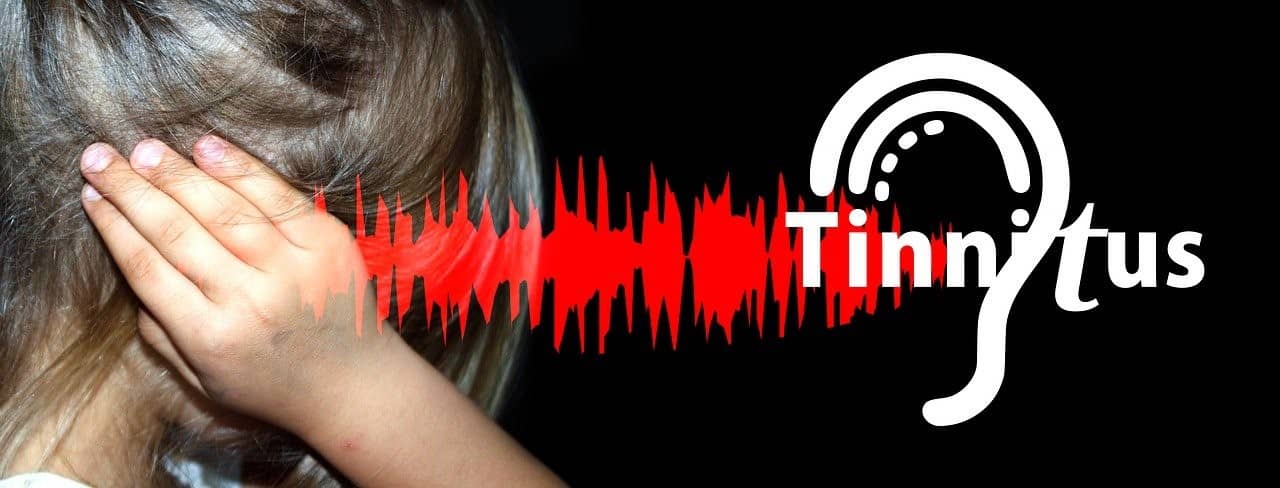Tinnitus Relief: Effective Self-Massage Techniques

Tinnitus is a common condition characterized by hearing sound without any external source. The sound can be in the form of buzzing, humming, ringing, or roaring and often leads to anxiety, depression, and sleep disturbances. According to the American Tinnitus Association, about 15-20% of people experience tinnitus, and over 2 million of them find it debilitating. In this article, we will discuss the significance of self-massage techniques in alleviating tinnitus symptoms and the importance of seeking medical attention within three months of experiencing tinnitus.
What Is Tinnitus and What Causes It?
Tinnitus is the perception of sound that doesn’t exist outside the body. It occurs when there is damage to the hair cells in the inner ear that transmit sound to the brain. The damage can be due to excessive noise exposure, aging, head or ear injuries, earwax build-up, high blood pressure, and certain medications. Tinnitus can also be a symptom of an underlying medical condition such as Meniere’s disease, acoustic neuroma, or thyroid disorders.
An Integrated Approach to Tinnitus Treatment
Tinnitus is a complex condition and requires a comprehensive approach to treatment. Self-care habits such as a healthy diet, regular exercise, stress management, and environmental control are essential in alleviating tinnitus symptoms. Avoiding caffeine, nicotine, and alcohol can also reduce the risk of developing tinnitus or worsening its symptoms. Additionally, hearing aids, cognitive-behavioral therapy, and sound therapy are other forms of treatments that can reduce the impact of tinnitus.
Self-Massage Techniques for Tinnitus Relief
Self-massage techniques have been proven effective in reducing tinnitus symptoms. These techniques involve massaging the neck muscles, as well as specific points on the head, hands, and feet. Here are some of the most effective self-massage techniques that can help relieve tinnitus symptoms:
Mastoid Process Technique
The mastoid process is a bony protrusion behind the earlobe. Gently massage this area for two to three minutes daily. This method stimulates blood circulation around the ear area and helps relieve tinnitus symptoms.
Gallbladder Meridian Technique
The gallbladder meridian is a line of pressure points located on either side of the body. Massaging these points helps stimulate the liver and gallbladder, which can reduce tinnitus symptoms. Rub your hands together to warm them up and then place your fingers on the side of the head, just above the ears. Gently massage the area with your index and middle fingers in a circular motion for two to three minutes.
Eardrum Stimulation Technique
Gently tapping your fingers on the bone behind your ear can stimulate the eardrum and relieve tinnitus symptoms. Place your fingers on the bone behind the ear and tap gently for 30 seconds to one minute. Repeat on the other side.
Scissor Massage Technique
Place your hands behind your head and interlace your fingers. Bring your elbows together in front of your face and move your hands up and down. This motion creates a scissor-like movement that helps relieve tension in the neck muscles and reduces tinnitus symptoms.
Ear Rubbing Technique
Rubbing your ears is a simple yet effective self-massage technique that can alleviate tinnitus symptoms. Place your hands on your ears and rub them gently for 30 seconds to one minute.
Heavenly Drum Beating Technique
This technique involves placing your hands on the back of your head and gently drumming your fingers for one to two minutes. The motion stimulates blood flow to the head and can help reduce tinnitus symptoms.
Seek Medical Attention
It’s essential to seek medical attention within three months of experiencing tinnitus to avoid delays. The longer the wait, the more challenging it becomes to treat tinnitus. Tinnitus can be a symptom of an underlying condition that needs medical attention. A healthcare provider can evaluate your symptoms, identify the underlying cause, and provide appropriate treatment.
In conclusion, tinnitus is a widespread condition that affects millions of people worldwide. Self-massage techniques have proven effective in reducing tinnitus symptoms. Moreover, incorporating self-care habits and seeking medical attention can help alleviate the condition’s impact. By adopting a comprehensive approach to treatment, people affected by tinnitus can enjoy a better quality of life without the distressing symptoms associated with the condition.

